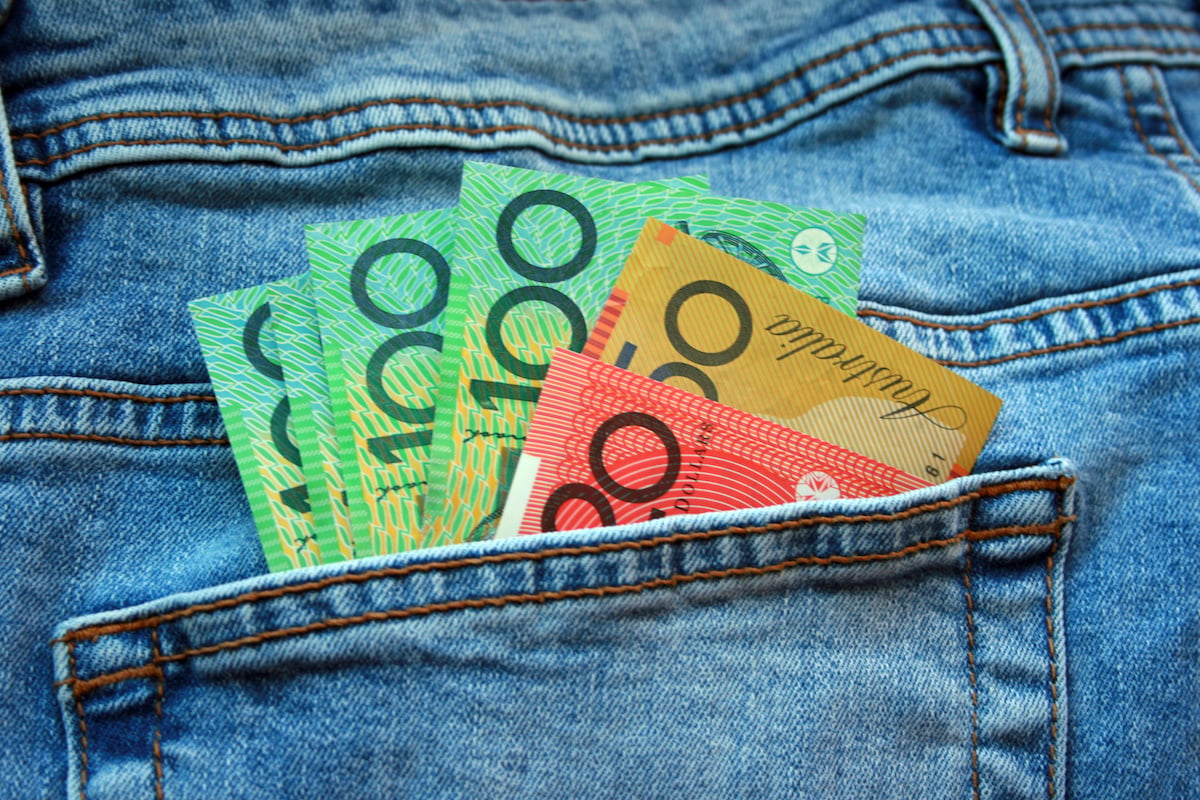
The consequences of the coronavirus pandemic have been catastrophic, to say the least.
An economic crisis has unfolded alongside a health crisis, and economic experts are certain we are now entering a recession.
Australians have lost jobs, incomes have decreased, and consumer spending is down.
But beyond the record unemployment rates, how will the economic impact of COVID-19 seep into our day-to-day lives?



